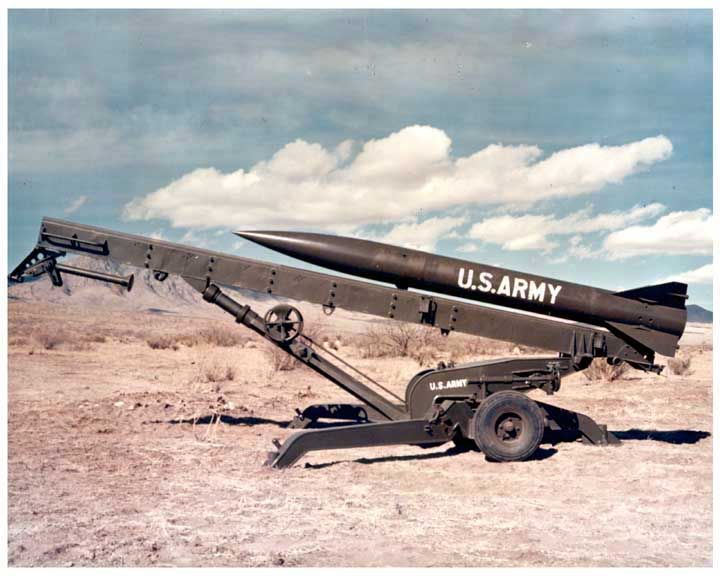Smarter US modernization, without new nuclear weapons
By Andrew Weber, Christine Parthemore | January 2, 2019
 A small rocket launcher. Credit: US Army via Wikimedia Commons.
A small rocket launcher. Credit: US Army via Wikimedia Commons.
The current US nuclear modernization program departs in several major ways from longstanding US nuclear policy: It elevates the role of nuclear weapons in US national security strategy, includes plans for developing several new nuclear weapon capabilities, and resurrects former nuclear capabilities that past US presidents had wisely eliminated. Of all the Trump administration’s nuclear modernization plans, however, the most destabilizing are probably the new, low-yield nuclear options and dual-capable systems that may be ambiguously nuclear or conventional. But the United States can still return to a smarter path – one that eliminates these specific nuclear weapons plans, and adopts a more measured nuclear rhetoric to match.
Together, we make the world safer.
The Bulletin elevates expert voices above the noise. But as an independent nonprofit organization, our operations depend on the support of readers like you. Help us continue to deliver quality journalism that holds leaders accountable. Your support of our work at any level is important. In return, we promise our coverage will be understandable, influential, vigilant, solution-oriented, and fair-minded. Together we can make a difference.
Andrew Weber
Andy Weber is a Senior Fellow at the Council on Strategic Risks’ Janne E. Nolan Center on Strategic Weapons. Mr. Weber has dedicated his... Read More
Christine Parthemore
Christine Parthemore is Chief Executive Officer of the Council on Strategic Risks (CSR). Christine has deep experience addressing issues ranging from... Read More

















There is always mention of the destabilizing effect of present or future US dual capable systems. Virtually all of Russia major weapon systems are dual capable. All their anti-ship missiles, their long range cruise missiles, their tactical missiles, torpedoes, depth charges, many of their surface to air missiles and all the hypersonic weapons they have deployed or are developing are dual capable. They are constantly reminding everyone of that fact, in other words they lead the world in dual capable systems. It seems though any dual capable system we might have is provocative. It sounds as if Russia has again… Read more »